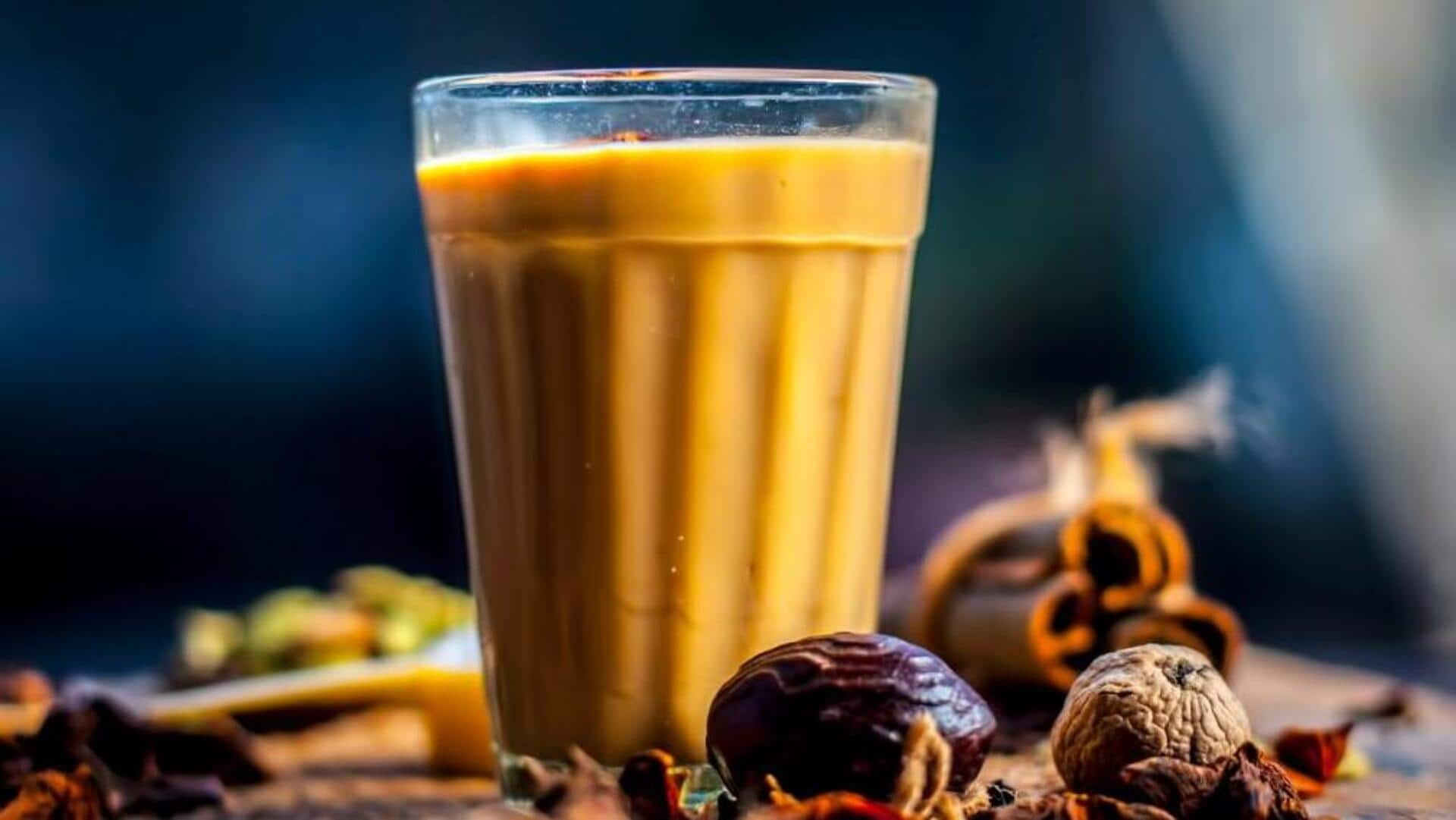
Tracing the journey of masala chai
What's the story
Masala chai is a beloved beverage in many parts of the world and has a rich history that goes back centuries.
This spiced tea blend combines black tea with aromatic spices and herbs, giving it a unique flavor profile.
Its journey through time reflects cultural exchanges and evolving tastes.
Understanding masala chai's origins and transformations sheds light on its enduring popularity and significance in various cultures.
Early history
Ancient beginnings of spiced tea
The roots of masala chai can be traced to ancient India, where herbal concoctions were used for medicinal purposes.
These early versions didn't include tea leaves but relied on spices like ginger, cardamom, and cloves for their health benefits.
The introduction of black tea leaves came much later, when the British established tea plantations in India during the 19th century.
Colonial impact
Influence of British colonialism
The British also played a major role in popularizing tea consumption in India. They had introduced black tea cultivation to cater to European demand.
Gradually, Indians started mixing local spices with black tea to innovate what we now call masala chai.
This was both an adaptation to local tastes and the colonial influence on age-old traditions.
Worldwide expansion
Global spread and adaptation
As Indian communities moved around the world, they took their food culture along, including masala chai.
The drink went international as people across the world took to its unique flavor.
In various regions, it found its own iterations based on local ingredients and individual tastes, expanding its global reach even further.
Contemporary twists
Modern-day variations
Today's masala chai comes in so many different avatars, accommodating every taste bud across the globe.
Some like it strong with an extra kick of spices, others prefer a lighter touch with additional sweeteners or milk substitutes like almond or soy milk.
The contemporary versions show how tastes have evolved, yet hold on to age-old recipes that have survived ages.